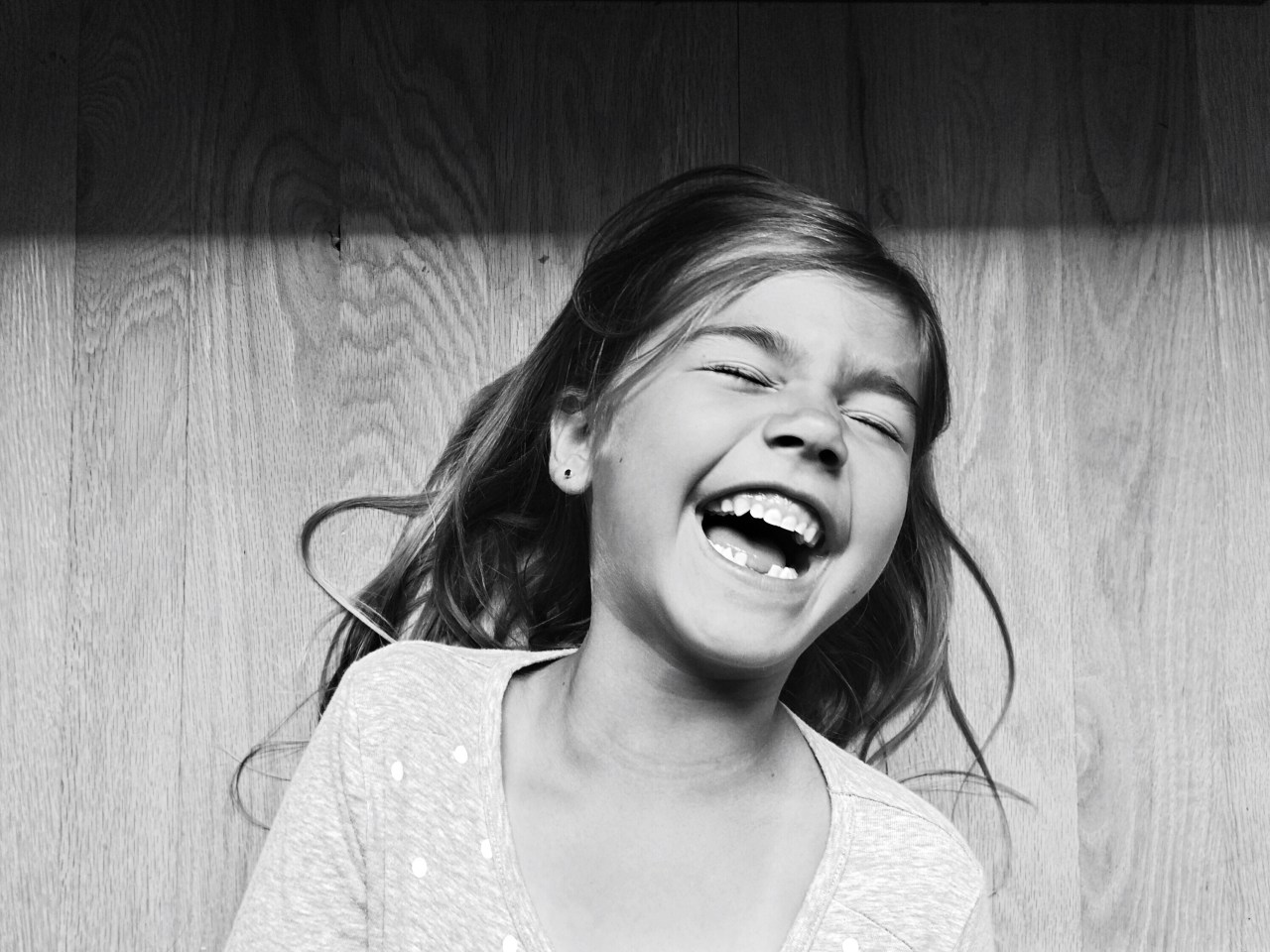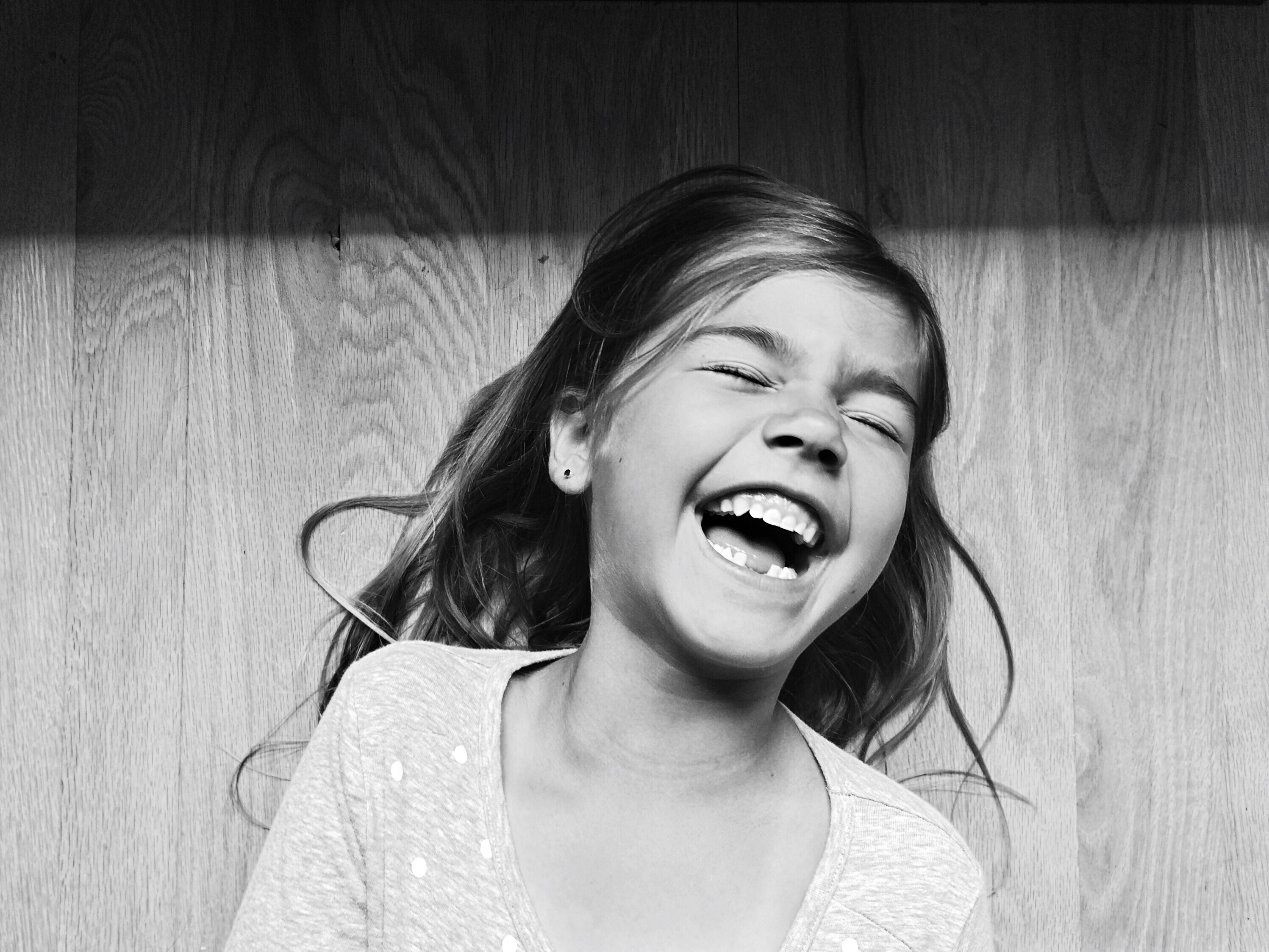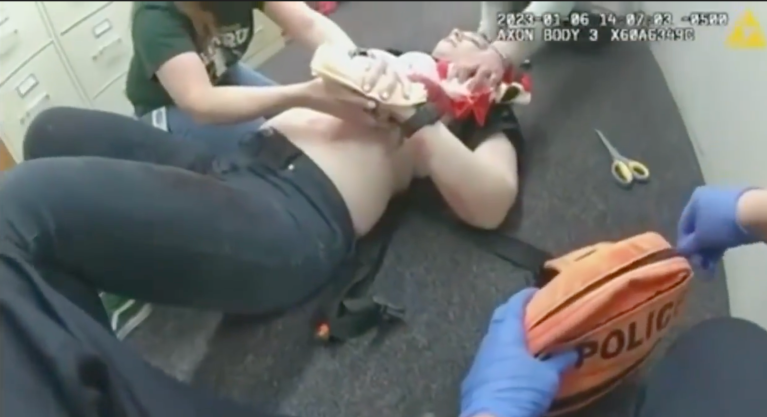
All The Tiny, Beautiful Things About Being A Kid Every Teacher Gets To Remember
Hugs when you’re happy. Hugs when you’re down. Hugs at the start of the school day. Hugs when an older student comes back to visit your classroom. Hugs when a student skins her knee. Hugs after a long day.

1. Hugs matter.
Hugs when you’re happy. Hugs when you’re down. Hugs at the start of the school day. Hugs when an older student comes back to visit your classroom. Hugs when a student skins her knee. Hugs after a long day. They are simple gestures, yes, but gestures that connect people through the age gap. Children remind us that we need that physical human contact to lift our spirits. They remind us that hugs matter.
2. Laughter is a necessary component of every single day.
Your students will teach you this. They will laugh at themselves, each other, and you. And you will laugh with them (because their pubescent laughs are hysterical) but also because they will teach you not to take life so seriously.
3. Knowing someone’s name is important.
You will see your students’ faces light up when you greet them by name. And it will warm your heart when they tap you on the shoulder and actually pronounce yours correctly. Everyone becomes important, validated, individual. (Sometimes in adulthood we forget the simple value of that.)
4. A ‘hello’ or ‘good morning’ = automatic friends.
Speaking to one another rather than just nodding a head or smiling—that makes a difference for your students. You acknowledging them and talking to them is the basis of their relationship with you and trust in you.
5. Trust is a gift.
Your students will trust you because you are an adult and they believe in your inherent goodness. They don’t doubt. They don’t make you prove yourself. And this is a gift, freely and innocently given, that you must keep and hold close. (And incorporate into your adult relationships, too).
6. The simplest things can be incredibly amazing.
Like a computer game where cookies fall down the screen and you have to click on them. (They will play this damn thing for hours if you let them, by the way.)
7. Approval from adults is needed, if not essential.
When we become adults we care less about the approval of others (though we still do, to an extent, so what does this say about us?) but your students want (and need) to know they are doing things correctly. And as a teacher, you see what they don’t—that they are vulnerable and need to be loved.
8. There’s freedom in feeling vulnerable.
Your students don’t understand the concept of being vulnerable, even if they are completely vulnerable in the classroom every single day. They don’t understand that being vulnerable is something they will fear as they grow. This is a blessing and something we should allow them to feel for as long as possible.
9. Fear isn’t this big obstacle to overcome. It’s small. And conquerable.
Your students will show you this every day. From giving a speech in front of the class to standing up to a bully. They don’t overthink. They don’t let fear take over. (We can learn a thing or two from them.)
10. Friendship is the most important thing.
If you are fighting with your bestie, you have to fix it RIGHT NOW. Even if that means emailing back and forth during class, passing notes, or whispering across the classroom.
11. A little snack or treat can change the course of an entire day.
Watch their faces when you give them Teddy Grahams mid-afternoon. (We should all take note of this.) ![]()











